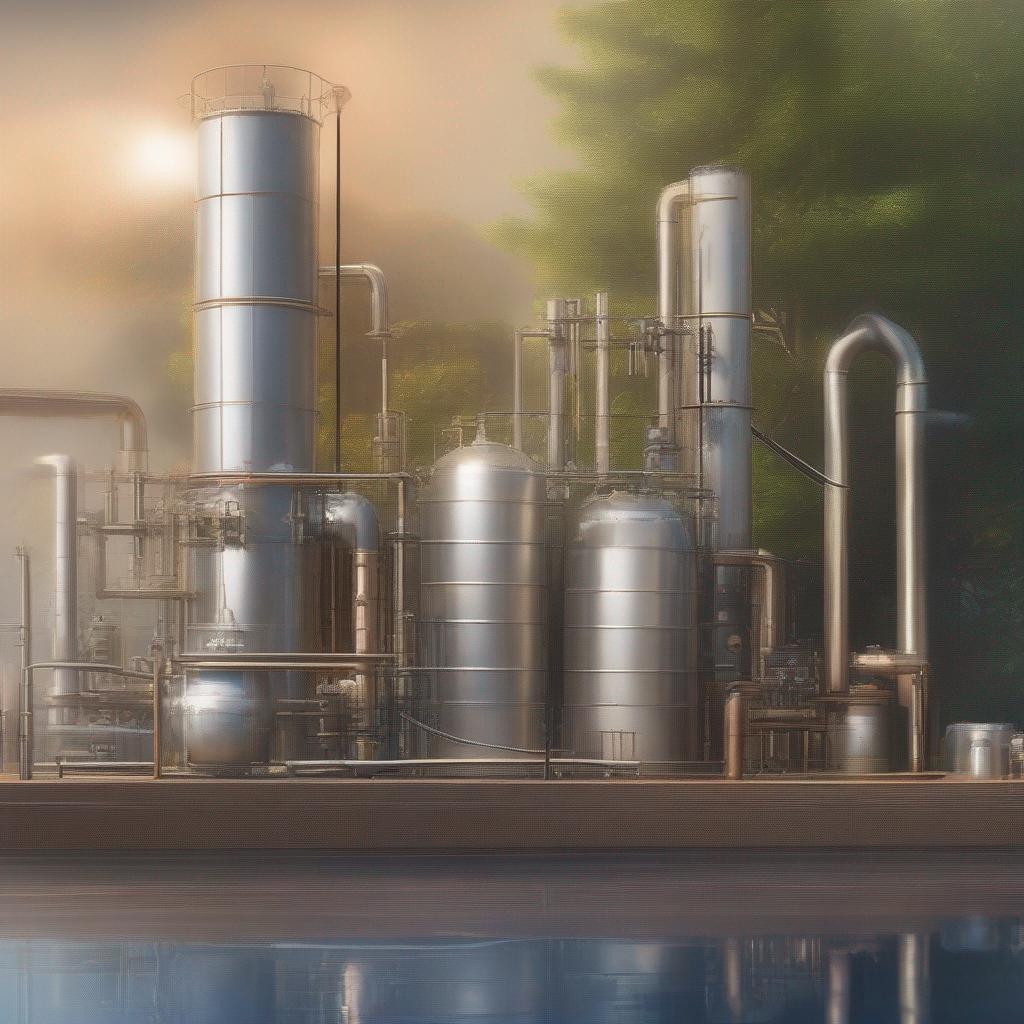
Unlocking Sustainability: Transforming CO2 and Water into Valuable Acetylene
Introduction
Reducing our impact on the environment and building sustainable societies are critical challenges facing humanity today. Many essential chemicals, such as acetylene (C2H2), are still synthesized using methods that emit high levels of carbon. Acetylene is widely used in industries such as plastics and resin production, making it a prime target for sustainable synthesis.A New Approach to Acetylene Synthesis
A research team led by Doshisha University and Daikin Industries, Ltd., Japan, is developing a new and promising strategy to produce C2H2 using carbon dioxide (CO2) and water (H2O) as raw materials. Their approach involves the electrochemical and chemical conversion of CO2 into C2H2 using high-temperature molten salts, known as chloride melts. Metal carbides, solids composed of carbon and metal atoms, play a crucial role in this process.Advantages and Potential
The proposed approach offers several key advantages over conventional C2H2 synthesis methods. The electrodes can be reused after simple reconditioning, and the process directly utilizes CO2 as feedstock. This approach represents a promising technology for realizing a sustainable resource and energy cycle without relying on fossil fuels. Further research on this method could lead to economically and environmentally viable ways to produce resins and chemicals from CO2, paving the way to sustainable societies.Additional Resources:
- Unlocking the Potential of Carbon Capture and Storage
- Pioneering Green Chemistry for a Sustainable Future
- Electrochemistry: Driving the Clean Energy Revolution
- Accelerating Sustainable Innovation through Industrial Research
- Chemical Engineering: Shaping a Sustainable Tomorrow
``` ```

.png)
0 Comments